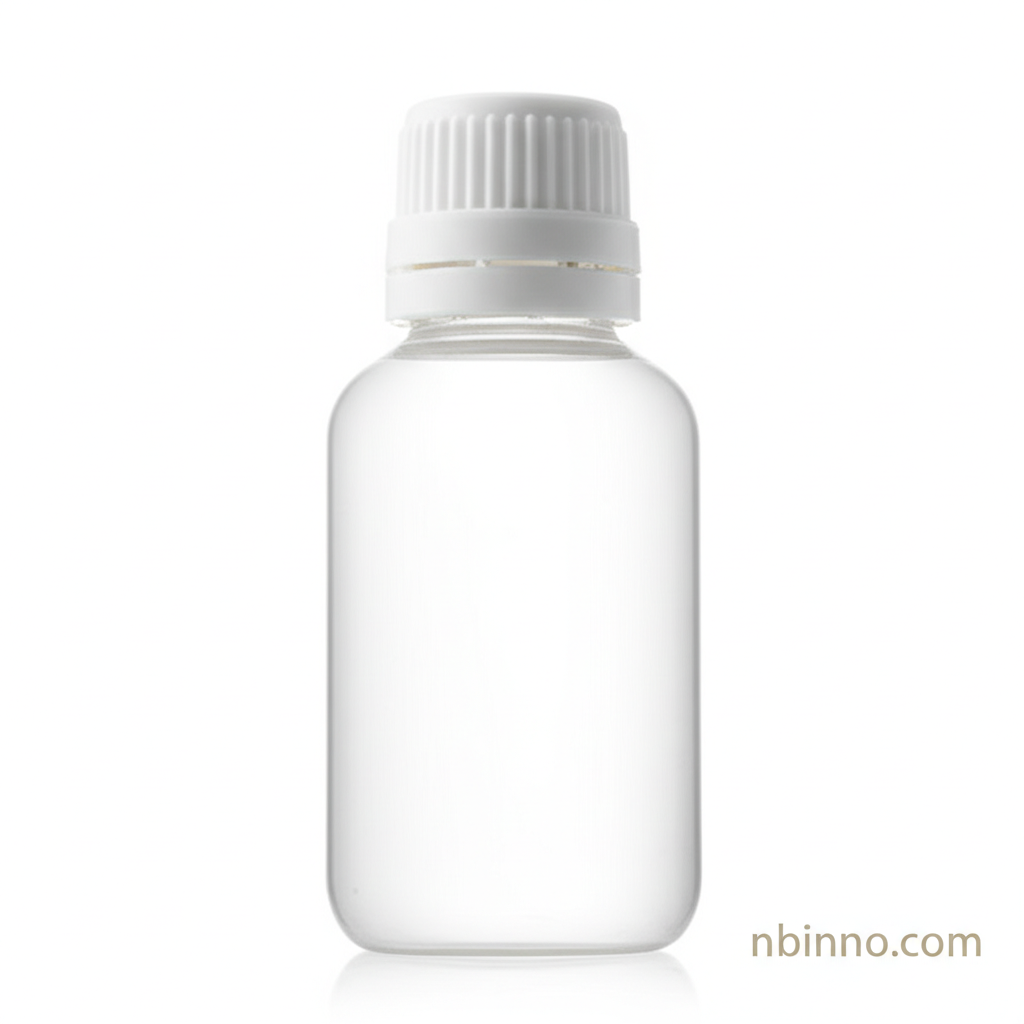Chlorotriethylsilane: Versatile Silylating Agent for Organic Synthesis and Industrial Applications
Unlock advanced chemical synthesis with Chlorotriethylsilane, a key reagent for silylation, catalysis, and material science innovations. Explore its applications and benefits.
Get a Quote & SampleProduct Core Value

Chlorotriethylsilane
As a leading supplier in China, we offer Chlorotriethylsilane, a highly effective silylating agent and Lewis acid catalyst crucial for various organic synthesis processes. Its applications extend to the production of silicon oil, silicon resin, and polysiloxanes, providing enhanced stability and reactivity in chemical transformations. We are a reliable manufacturer in China dedicated to quality.
- Leverage Chlorotriethylsilane as a potent silylating agent for alcohols, offering superior hydrolytic stability compared to trimethylsilyl-protected counterparts, a key benefit for complex organic synthesis.
- Utilize Chlorotriethylsilane as a Lewis acid catalyst, facilitating reactions in the production of silicon oil and resins, thereby improving material properties and process efficiency.
- Explore the diverse laboratory chemicals applications of Chlorotriethylsilane, including its use in determining fluoride in toothpaste via GC-FID, demonstrating its analytical utility.
- Benefit from Chlorotriethylsilane's role in executing chemical reactions for silicon oil and resin production, contributing to the development of advanced materials with tailored properties.
Advantages Offered by the Product
Enhanced Silylation Efficiency
Chlorotriethylsilane offers advantages over trimethylsilylating agents, providing more stable derivatives suitable for both synthetic and analytical applications, crucial for precise organic synthesis.
Catalytic Versatility
As a Lewis acid catalyst, it plays a vital role in various chemical reactions, particularly in the synthesis of silicon-based materials like silicon oil and resins, showcasing its broad applicability.
Improved Hydrolytic Stability
The silyl ethers derived from Chlorotriethylsilane exhibit better stability towards hydrolysis in acidic and basic conditions, making it a preferred choice for protecting functional groups in complex syntheses.
Key Applications
Organic Synthesis
Chlorotriethylsilane is indispensable for laboratory chemicals, acting as a silylating agent for dervatization of primary and secondary alcohols, and as a Lewis acid catalyst in numerous reactions.
Material Science
Its use in executing chemical reactions for silicon oil, silicon resin, and polysiloxane production highlights its importance in the development of advanced materials.
Analytical Chemistry
Chlorotriethylsilane serves as a derivatizing reagent for the determination of fluoride in toothpaste samples using GC-FID, demonstrating its utility in analytical methodologies.
Catalysis
The compound functions as a catalyst in reactions such as nickel-catalyzed reductive conjugate addition to enones, showcasing its catalytic prowess in complex chemical transformations.
